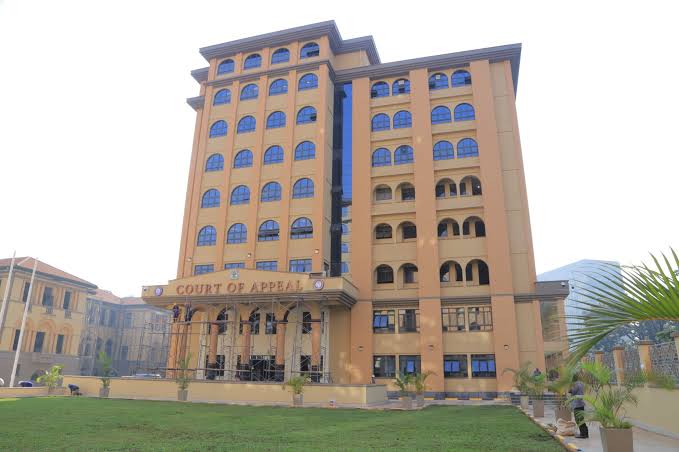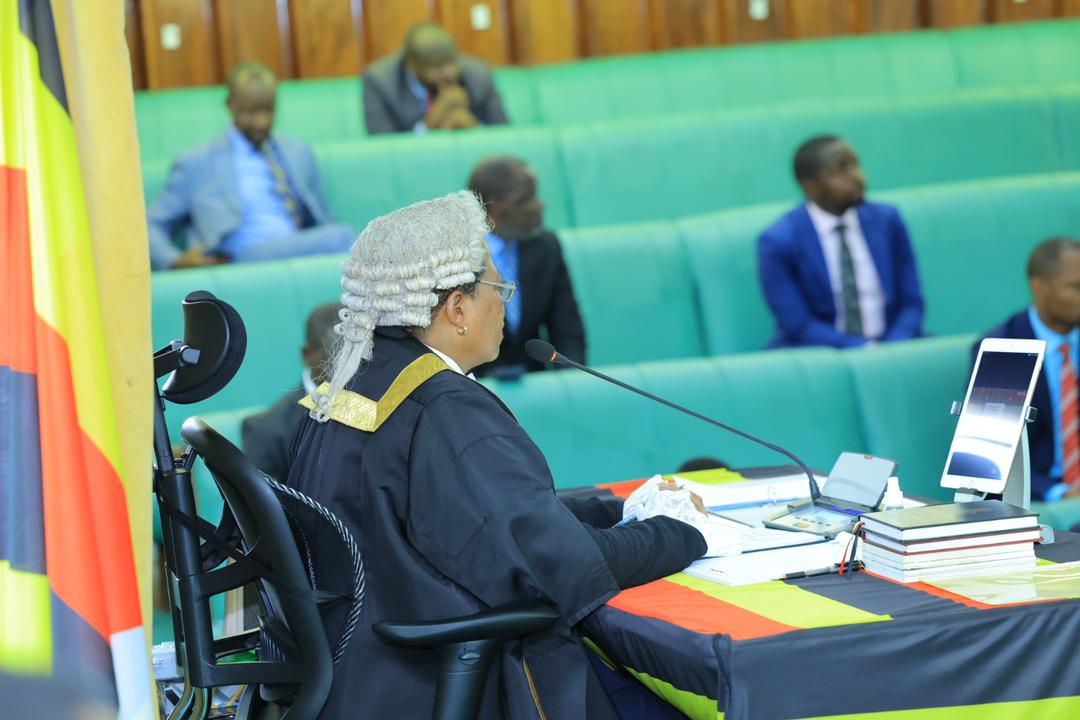Total hogwash, Statehouse says of a report on government hacking Bobi Wine phone
President Museveni’s handlers have dismissed a report from Wall Street Journal (WSJ) claiming State House operatives hacked into Bobi Wine’s WhatsApp and Skype communications with the help of Chinese telecom giants, Huawei.
According to President Museveni’s handler, Senior Presidential Press Secretary,Don Wanyama, the story from WSJ is ‘total hogwash’.
Keep Reading
“This WSJ story on Huawei helping governments hack into opposition phones is total hogwash. There's no evidence. This is a continuation of the US-China trade war; a new frontier being opened in Africa. You don't need to hack a phone to know that the Busabala concerts were political,” Wanyama said in a tweet.
In an article that was published on Wednesday, August 14 and supported with a 10 minute video, Wall Street Journal journalists Joe Parkinson, Nicholas Bariyo and Josh Chin investigated a claim by Bobi Wine that the government of Uganda is hacking into his phone and listening in to his conversations.
In the attached video, Bobi Wine is seen saying that he could not talk sensitive issues on his phone because the government is listening to all his phone conversations and reading his messages.
The Wall Street Journal report quotes senior security officials working directly with the Huawei employees in these countries saying that technicians from the Chinese powerhouse have, in at least two cases, personally helped African governments to spy on their political opponents, including intercepting their encrypted communications and social media, and using cell data to track their whereabouts.
According to these government officials that talked to the Wall Street Journal, Huawei uses its infrastructure that includes most of the 3G and 4G cell towers in Kampala.
The unidentified senior security officials also told Wall Street Journal how a group of six intelligence officers struggled to contain a threat to President Museveni’s regime in August last year.
“A pop star turned political sensation, Bobi Wine had returned from Washington with U.S backing for his opposition movement, and Uganda’s cyber-surveillance unit had strict orders to intercept his encrypted communications, using the broad powers of a 2010 law that gives the government the ability ‘to secure its multidimensional interests,’ “. The report reads in part.
They added; ” According to these officials, the team, based on the third floor of the capital’s police headquarters, spent days trying to penetrate Mr. Wine’s WhatsApp and Skype communications using spyware developed by an Israeli company, but failed. Then they asked for help from the staff working in their offices from Huawei, Uganda’s top digital supplier, who worked for two days and helped them puncture through,”
The Wall Street Journal report also features Bobi Wine freely sharing how he side-steps government hacks using various tricks like giving his mobile phone to someone who takes it to a distant location without him.
Huawei is currently facing resistance from some parts of the world most especially the United States of America which claims that the company uses its 5G technology to spy on other networks. This has been a factor that has contributed to the strained relationship between the USA and China. Huawei has over the months denied any allegations of spying on other networks and also denied the Wall Street Journal report.
The WSJ report comes four years after the Ugandan government was reported to be in the process of acquiring high tech equipment to spy on its own citizens.
The Observer reported in 2015 that, “The government could have spent nearly Shs 200 billion on the FinFisher surveillance equipment it uses to spy on opposition politicians, The Observer understands.
The expenditure on spy equipment is likely to rise, if the government spends another $82.5 million (about Shs 303.6 billion) to procure systems for a national emergency call centre expansion.”
The operation was reportedly codenamed Fungua Macho.















